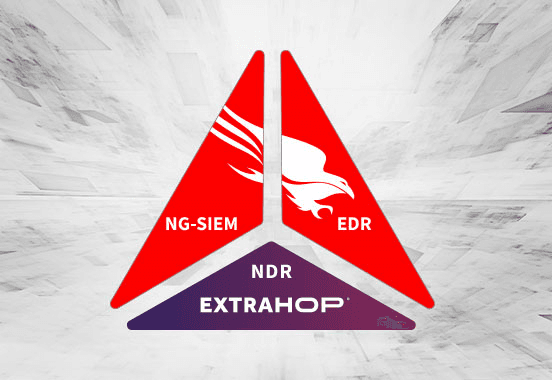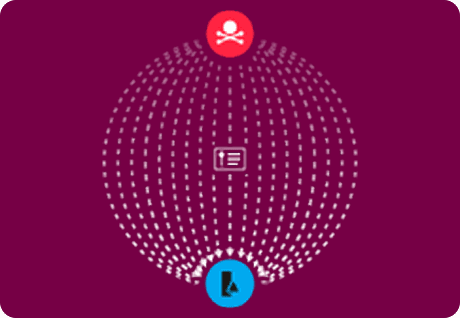Network Protocols Glossary
What is a network protocol? Protocols are the rules of the road for how data exists and moves on the network. They allow many different systems and computers to communicate.
Microsoft Remote Procedure Call (MSRPC) Protocol
What is Microsoft Remote Procedure Call (MSRPC) Protocol?
Microsoft Remote Procedure Call, also known as a function call or a subroutine call, is a protocol that uses the client-server model that enables one program to request a service from a program on another computer, without having to understand the details of that computer's network. MSRPC was originally derived from open source software but has been developed further and copyrighted by Microsoft.
What is the purpose of MSRPC
The goal of MSRPC is to simplify interprocess communication between clients and servers, enabling a client to call a service on a remote server with a standard interface (rather than with a custom protocol). Each interface has several operations or opnums (also known as methods). Client and server stubs—small programs that substitute for larger code implementations—have the ability to run a process that corresponds with the interface and operation in the function call.
To make a function call, the client sends an MSRPC request with an interface and operation to a remote server. MSRPC requests are tunneled through network protocols such as SMB/CIFS, HTTP, or TCP. Essentially, MSRPC is the transport mechanism and the interface and operation within the MSRPC request provides the functionality on the remote server.






